Bus 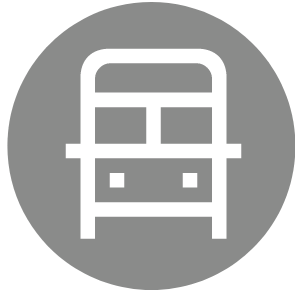
Buses are the backbone of the Metro Transit system, providing 52 million rides annually on local, express and suburban routes. Learn how to ride these convenient routes right in your neighborhood, many with built-in transit advantages. How to ride the bus
METRO 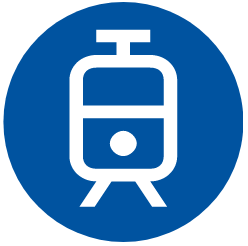
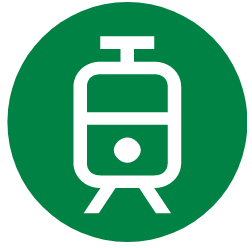
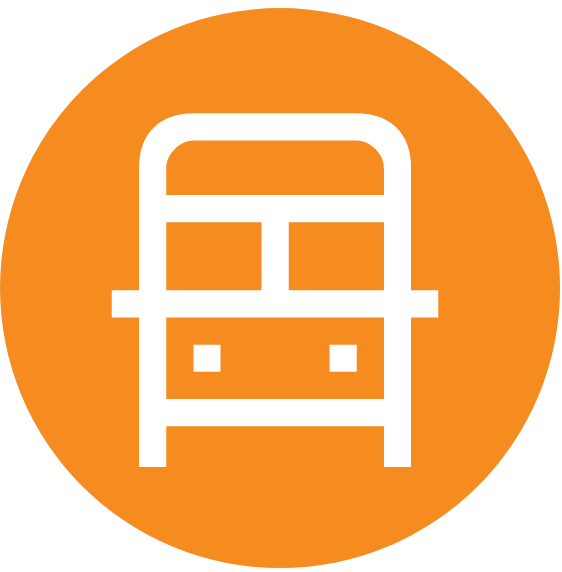
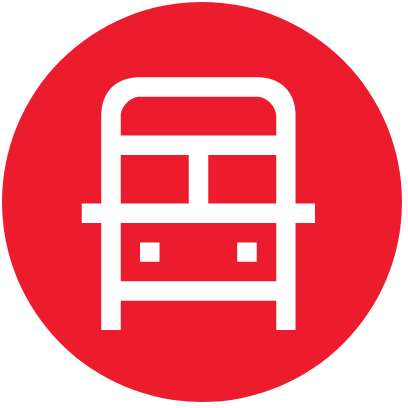
The METRO network offers fast, frequent, all-day service, with light rail trains on the Blue and Green lines and bus rapid transit service on the Orange and Red lines and the A and C lines. Pay before you board these lines that stop less often to keep you moving more. Learn more about the METRO network
Northstar 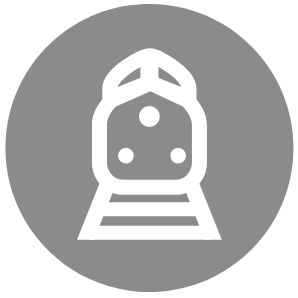
Northstar Commuter Rail service operates mainly during rush hours with two trips each direction each weekday; there is no weekend service. Northstar trains have onboard restrooms, work tables, power outlets and free Wi-Fi. Learn more about Northstar Commuter Rail
Easy to pay 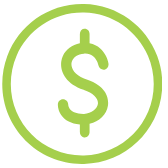
On local buses, pay as you board with cash (exact fare only), the Metro Transit app or Go-To Cards. On METRO lines, buy a ticket from the machine on the platform with cash, credit or debit cards – just remember to pay before boarding. While onboard, be ready to show your proof of payment: your ticket or the Metro Transit app. Learn more about how to pay your fare
Safety is a shared responsibility. 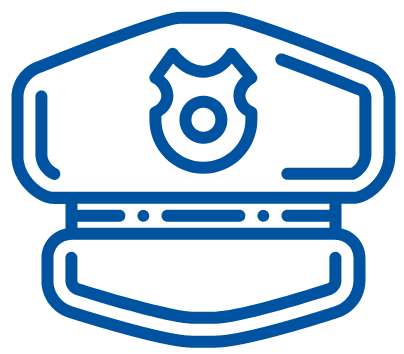
Metro Transit’s number one priority is making sure that you arrive at your destination safely. Safety is a shared responsibility. You can help by reporting unusual or dangerous behavior to a transit employee or submitting a report discreetly using Text to Safety at 612-900-0411. Contact Transit Police
Bring your bike! 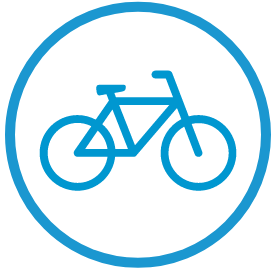
All Metro Transit buses and trains have free bike racks so you can pedal for part of your trip and ride for the rest. Each bus accommodates two bikes; there’s room for four bikes in every METRO rail car. Find a bike locker
Become a registered carpooler 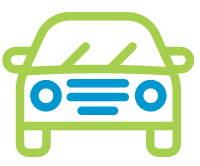
Carpoolers save on gas and use the MnPass lanes on I-394, I-35W and I-35E for free! Save yourself time and money by doubling up with a fellow commuter. It’s easy and secure to create a profile and search our database of others looking to share the ride. Find a fellow carpooler
Follow the code of conduct 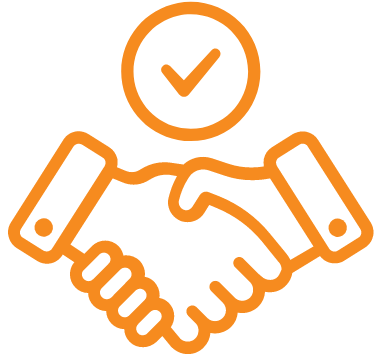
This code of conduct applies to all customers. Some parts of the code are just common sense; others are dictated by state law.
Failure to pay for your ride can result in a $180 fine. Pay as you board a bus or be ready to show proof that you have paid your fare on METRO lines. METRO tickets, transfers, Go-To Cards and passes are not transferable to someone else – you cannot lend them, give them away, or sell them.
Interfering with the safe operation of a transit vehicle is not only hazardous to you and everyone else, it’s illegal. If you threaten the driver or another passenger, you could be arrested.
There is no smoking on buses or trains, in bus shelters or at transit station platforms, including e-cigarettes. If you must smoke, leave the bus shelter or platform area.
Designated seats at the front of every bus and clearly marked seats on every train are reserved for seniors and customers with disabilities. Please surrender your seat to these customers when they board.
It’s illegal to play music or podcasts on public transportation without headphones.
If you need to use your phone while you ride, remember you’ve got a built-in audience. Watch your language, keep your voice low and your call brief.
Respect others who will ride after you. Keep your feet off the seats and take litter with you when you exit.
Using profanity or derogatory statements is not tolerated. Use of this language can get you removed from the bus or train and your riding privileges canceled for 30 days.
Food and alcohol are not allowed on buses or trains. Non-alcoholic drinks are allowed – as long as they’re in containers with sealed lids.
Your bag belongs on your lap, not taking up the seat next to you.
Pets are welcome on buses and trains as long as they are kept in animal carriers. Service animals are exempt.
Metro Transit prohibits flammable, explosive, radioactive, and hazardous items onboard. This includes hoverboards, lithium cells or batteries, gas-powered scooters, car or motorcycle batteries, and gasoline/fuel containers.